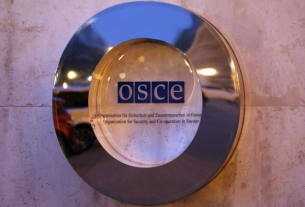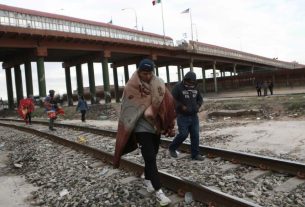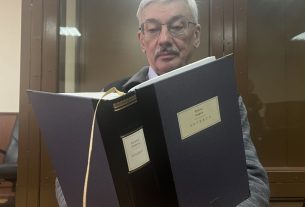The Cameroonian government in December suspended the activities of four nongovernmental organizations for three months, without any warning or legal basis, in a move that is harming victims of gender-based violence.
As one of these organizations provides services to support gender-based violence survivors, its abrupt suspension affected survivors’ access to support and resulted in some survivors being forced onto the streets when the offices and facilities, including shelters, were sealed by government officials.
Civil society organizations provide enormous support to the Cameroonian government in addressing the prevalence of gender-based violence. They provide services the government does not or inadequately delivers, including temporary accommodation, mental health and psychosocial support, legal assistance, and income generating activities. They support survivors in navigating the bureaucracy of government referrals and services, including obtaining healthcare and accessing the justice system.
The arbitrary suspension of civil society organizations that support the government’s objective to reduce gender-based violence, and the lack of coordination with relevant government agencies to put in place a contingency plan to ensure survivors would not be impacted, does not live up to the ambitious goal the government touts to end gender-based violence.
On the contrary, it demonstrates a lack of strategic process to accomplish this goal and a lack of political will.
In 2011, Cameroon adopted a national strategy to combat violence against women. The strategy was revised in 2016 and again in 2022, with an aim to halve the prevalence of violence by 2020 and 2026, respectively. However, in practice, Cameroon has not put in place sufficient resources, including services, to reduce gender-based violence and address the needs of survivors across the country. In 2014, there was only one shelter for survivors of gender-based violence. In 2019, the government had opened about 10 crisis centers for referrals, with 24-hour call services. As important as these measures are, they are still insufficient, making the role of the suspended organizations critical to many survivors’ wellbeing.
Cameroon should reinstate the activities of these nongovernmental organizations and seek other means to carry out its investigations that do not interrupt their service provision, or that further affect the rights of survivors to receive support and access necessary services.


